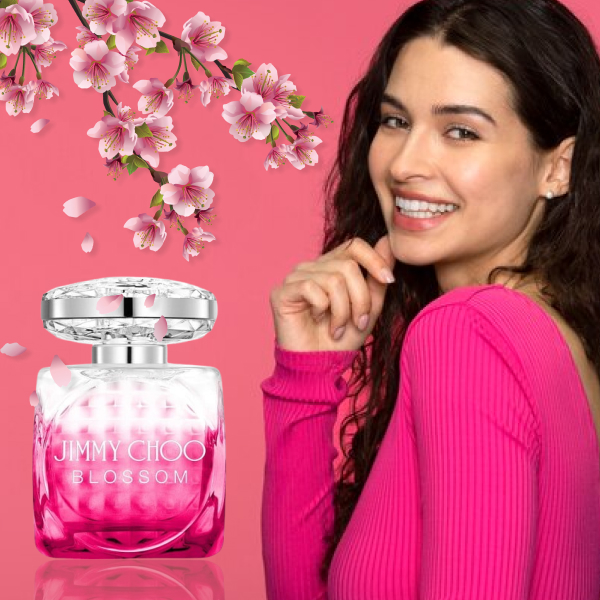As the beauty industry continues to evolve, one of the most significant trends is the increasing demand for halal cosmetics. These products not only cater to the ethical and religious needs of consumers but also emphasize quality and safety. With a growing market for halal cosmetics certifications, it’s crucial for brands and consumers alike to understand what halal certification entails and its importance in the cosmetics industry.
What is Halal Certification?
Halal certification is a process that ensures products meet specific Islamic guidelines. While the term “halal” often refers to food, it has expanded to encompass various sectors, including cosmetics. For cosmetics to be certified as halal, they must be free from any harmful substances and comply with Islamic law. This means no animal-derived ingredients that are considered haram (forbidden) and no testing on animals.
The halal certification for cosmetics is essential for brands looking to appeal to Muslim consumers, who are increasingly conscious of the products they use. As the halal market grows, so does the need for reliable certification to assure consumers of the integrity of these products.
The Importance of Halal Certification in Cosmetics
- Consumer Trust: Certification acts as a seal of approval, ensuring consumers that the products they purchase are compliant with halal standards. This trust is vital, especially in a market flooded with various beauty products.
- Market Expansion: Brands that obtain halal certification in cosmetics can tap into a diverse market. The Muslim population is significant, and the demand for halal products is growing in non-Muslim countries as well.
- Quality Assurance: Halal certification often entails stringent quality checks. Brands that commit to these standards typically produce higher-quality products, benefiting all consumers, not just those who identify as Muslim.
- Ethical Considerations: The increasing awareness of ethical issues in beauty, such as animal testing and harmful ingredients, has made halal cosmetics appealing to a broader audience. Many consumers today prefer products that align with their values.
How to Obtain Halal Certification
Obtaining halal certification can be a complex process, but it generally involves the following steps:
- Choosing a Halal Certification Agency: Brands must select a reputable Halal Certification Agency that is recognized in their target market. Different agencies may have varying requirements, so it’s essential to choose one that aligns with the brand’s values and goals.
- Application Process: After selecting an agency, brands must submit an application that details their manufacturing processes, ingredient sourcing, and product formulations.
- Inspection and Audit: The certification body will conduct an inspection and audit of the manufacturing facilities to ensure compliance with halal standards.
- Certification Issuance: If the brand meets all necessary criteria, the certification agency will issue a halal certification, which must be renewed periodically.
- Labeling and Marketing: Once certified, brands can label their products as halal, which helps in marketing and reaching the target audience effectively.
Halal Certification Companies in the USA
With the growth of the halal cosmetics market, several halal certification companies have emerged in the USA. These organizations provide the necessary services to help brands achieve compliance with halal standards.
Some notable halal certification services in USA include:
- Halal Certification Services: Focused on helping brands navigate the certification process and ensuring their products meet halal requirements.
- Islamic Food and Nutrition Council of America: Providing certification for food and cosmetic products, ensuring they align with Islamic guidelines.
These organizations play a crucial role in bridging the gap between consumers and brands, fostering transparency, and building trust in halal products.
The Future of Halal Cosmetics
As consumer interest in ethical and sustainable products continues to rise, the demand for halal cosmetics is expected to grow significantly. The market is not only expanding among Muslims but also attracting non-Muslim consumers who value the quality and ethical considerations associated with halal products.
In response to this trend, brands are increasingly investing in research and development to create innovative halal cosmetics that cater to diverse consumer needs. This includes expanding product lines to include skincare, makeup, and personal care items that are compliant with halal standards.
Conclusion
The rise of halal cosmetics is more than just a trend; it represents a significant shift in consumer preferences toward transparency, quality, and ethical considerations. With the growing importance of halal certification in cosmetics, brands must prioritize obtaining reliable certifications to build trust and credibility with consumers. As the market continues to expand, both brands and consumers will benefit from the emphasis on halal standards, ensuring that beauty products are not only effective but also align with their values.
In summary, whether you are a brand looking to enter the halal cosmetics market or a consumer seeking products that meet halal standards, understanding the significance of halal certification is crucial. By choosing certified products, consumers can feel confident in their purchases, knowing they are supporting ethical practices in the beauty industry.
Read more exciting blogs on buzzdeck.xyz






